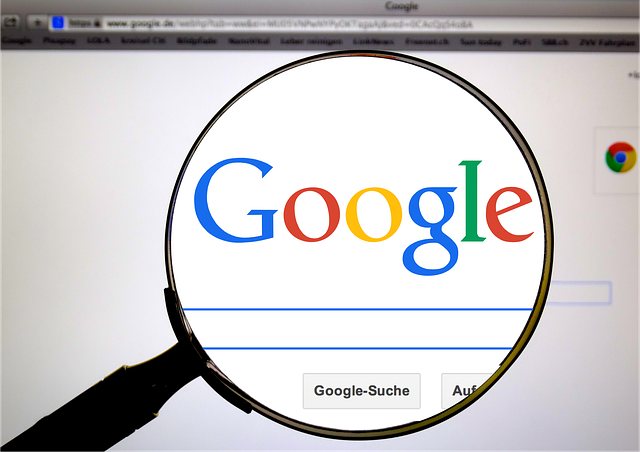Search engine optimization (SEO) and pay-per-click (PPC) advertising are two digital marketing strategies that businesses use to increase their online visibility and drive more traffic to their website. Both methods have their own advantages and disadvantages, and the best approach for a business will depend on its specific goals and resources.
SEO is the process of optimizing a website to rank higher in search engine results pages (SERPs) for relevant keywords. This is done by making changes to the website’s structure, content, and technical elements to make it more attractive to search engines. SEO is a long-term strategy that can take several months to see results, but it can be a cost-effective way to drive organic traffic to a website.
PPC, on the other hand, is a paid advertising strategy that allows businesses to place ads on search engines, social media platforms, and other websites. When a user clicks on one of these ads, the business pays the advertising platform a fee. PPC can be a faster way to drive traffic to a website, as ads can be placed and start generating clicks almost immediately.
When it comes to deciding between SEO and PPC, there are several factors to consider.
Budget: PPC can be more expensive than SEO in the short term, as businesses have to pay for each click on their ads. However, SEO can be more costly in the long term as it requires ongoing optimization and content creation to maintain and improve search engine rankings.
Target audience: SEO is best for targeting users who are actively searching for specific keywords, while PPC is better for reaching users who may not be actively searching for a particular product or service.
Control: With SEO, businesses have less control over their search engine rankings and the keywords that they rank for. With PPC, businesses can choose the keywords they want to target, the location of their ads, and the budget for their campaign.
Competition: SEO can be more challenging for businesses in highly competitive industries, as it can be difficult to outrank established competitors. PPC can be a good option for these businesses, as it allows them to compete for ad space on search engines and other websites.
Ultimately, the best approach for a business will depend on its specific goals and resources. For example, a business with a limited budget may want to focus on SEO, while a business looking to quickly drive sales may want to invest in PPC. It’s also possible to use both SEO and PPC together, as they can complement each other and provide a more comprehensive digital marketing strategy.
In conclusion, SEO and PPC are both effective digital marketing strategies, but they have different strengths and weaknesses. Businesses should carefully evaluate their goals, budget, and target audience when deciding which approach to take. And, even better, they can use both SEO and PPC to maximize their visibility and reach the most potential customers.


Recent Comments